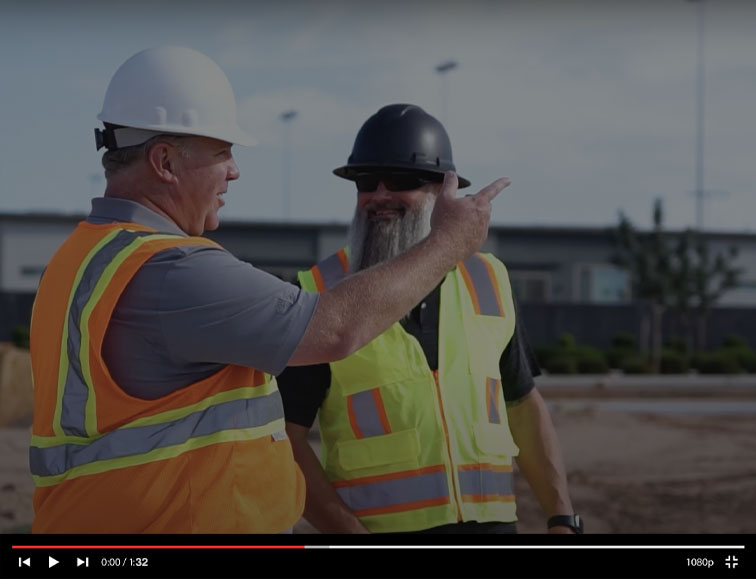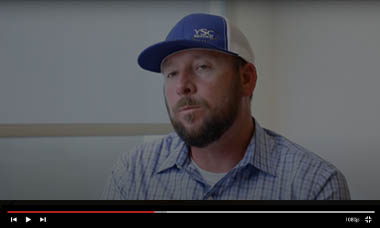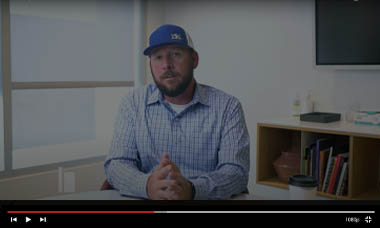Asphalt is just like anything else you own: you have maintenance work to do to keep the asphalt operating correctly. You maintain your car by having an oil change and tune-up. Just like your car, your asphalt requires maintenance periodically.
Preventive maintenance will keep the asphalt in great condition by preserving the life of the asphalt. The preventive maintenance includes:
*Sealing cracks on the asphalt will reduce any water corrosion and intrusion.
*Repairing any chips will protect the top layer of the asphalt.
*Sealing the asphalt every three years will add a thin layer of seal that protects the asphalt from moisture, sun, and skids.
*A fog seal can be applied to the surface of the asphalt to fill in cracks. The fog seal will also waterproof the surface of the asphalt.
*Patching any holes prevent water intrusion.
*Overlay the asphalt to renew the surface of the asphalt. Overlay will add extra strength and provide a new, smooth surface.
*Make sure the asphalt is draining properly. If the surface of the asphalt has water lying on the surface, then the asphalt isn’t draining properly. Water damage is the number one problem for asphalt, so draining maintenance should be a number one priority for the asphalt.
Asphalt requires maintenance, but if the pavement is in need of major repair due to neglect of the asphalt, don’t panic, there are solutions to the problem! Asphalt can be repaired. If the base isn’t draining the water correctly, then a professional asphalt contractor can fix the base. Just adding sealer will not repair the base and holes, and cracks will return to the surface of the asphalt. If you are unsure if your asphalt has a major problem, we recommended that you give us at YSC a call. The contractor will be able to check the asphalt and the base to determine what is causing the water from draining.
If regular maintenance isn’t done to asphalt, then large problems will rapidly develop. The problems will start out minor, but if left unattended, the minor problems are now a huge catastrophe. These types of problems can cost a lot in repairs. This is why doing regular maintenance is a must. The asphalt will repay you by providing a safe, sturdy, and appealing asphalt surface. It doesn’t take a lot of time and money, but it does take dedication.
For more information on asphalt maintenance from Arizona’s #1 trusted paving company, click here!






